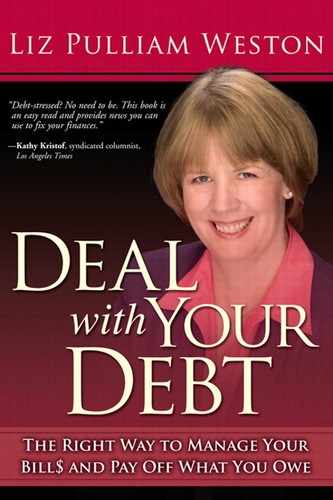Myth #4: Homeownership Comes with Great Tax Breaks
It's true that mortgage interest is potentially deductible on your tax return, as are the property taxes you pay. But many people overestimate the extent of those tax breaks and often misunderstand how they work.
Mark is an attorney in Frederick, Maryland, who shared many people's misconceptions about the potential tax benefits of homeownership.
“Homeowners get 100% of their interest payments back on their annual tax returns, right?” he wrote. “If I accumulate principal with each mortgage payment and get all of my interest back when filing my taxes, then it does compare favorably to renting, doesn't it?”
In reality, the amount of your tax break is limited to your tax bracket. If you're in the top federal tax bracket (35%), every dollar you pay in mortgage interest saves you at most 35 cents in federal income taxes. If you're a middle income taxpayer, your savings might be 25 or 15 cents per dollar spent.
That's why it's so absurd when people consider, or actually obtain, mortgages because they “need the tax break.” Where else would you give someone a dollar just to get 15, 25, or 35 cents in return?
And that's the best-case scenario. In reality, the tax break you'll actually get will be much less—or even nonexistent.
Here's the reality:
About half the nation's homeowners get no tax benefit. To get any tax break from a home, you have to have enough deductions to itemize. Two-thirds of the nation's taxpayers don't, so they take the standard deduction. Some of these people own their homes outright, but many don't pay enough mortgage interest and property taxes to be able to itemize.
The tax break is less than you think. Even if you can itemize, the tax break you get from homeownership only equals the amount by which your write-offs exceed the standard deduction, as I explained in Chapter 2.
For example, a single person in 2004 got a standard deduction of $4,850—even if he rented and had no other potentially deductible expenses. If he paid $6,000 in mortgage interest that year, the only advantage he would have over a renter who paid no mortgage interest is an extra $1,150 in deductions. In the 25% tax bracket, that $1,150 extra in deductible interest is worth just $287.50. So instead of saving 25% on his taxes, his actual tax break compared to the amount spent on mortgage interest is less than 5% ($1,150 divided by $6,000).
Of course, he might pay much more in mortgage interest, and have other potentially deductible expenses that he's only able to write off because he has a mortgage. If he paid $2,000 in property taxes, for example, that would boost his “extra” deductions to $3,150 and boost his tax savings to $787.50. But that's still less than 10% of the $8,000 he spent.
The fact that you'd get $4,850 in “free” deductions (or $9,700 for a married couple), whether or not you spent a dime in mortgage interest, significantly reduces the effective tax break for most homeowners.
The tax break tends to disappear. Most mortgages are “front-loaded” so that you pay the most interest in the first year and a little less every year after that. The standard deduction, by contrast, increases every year to at least match the rate of inflation. (Attempts to eliminate the so-called “marriage penalty” led to a significant jump in the standard deduction for married people in 2004; in 2002, it was just $7,850.) The combination of the two trends means that many middle-class couples who get any benefit at all lose the tax break within the first 10 years.
And remember all those other house-related expenses I outlined earlier, such as insurance, maintenance, and repairs? Those are never deductible on a primary residence.
